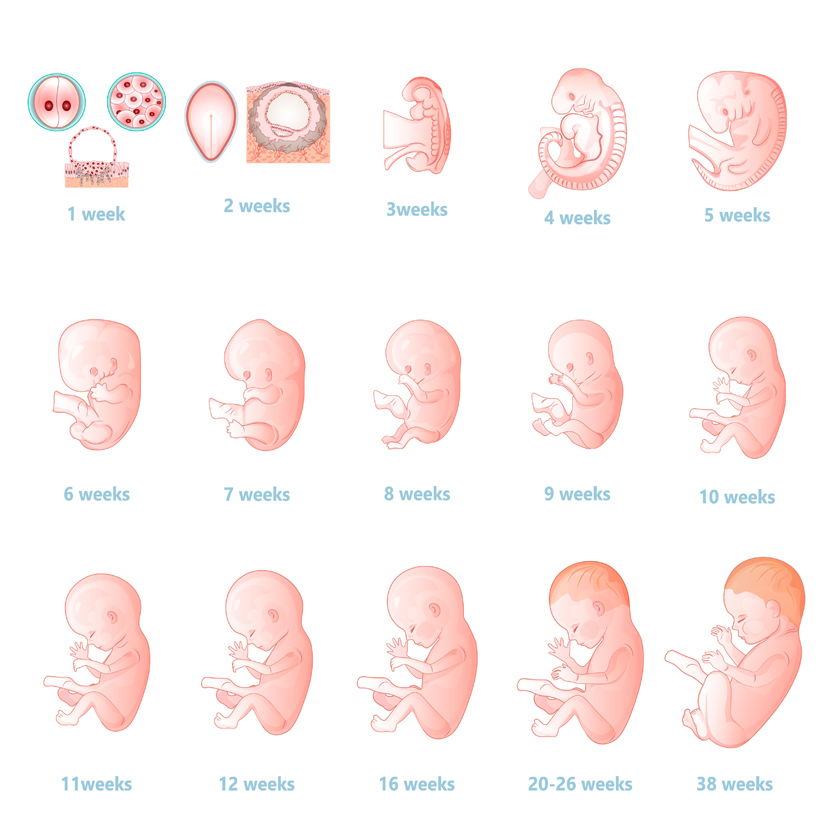
During pregnancy, a baby’s sex organs start to develop early on. By about six weeks into the pregnancy, the embryo’s sex organs begin to form. Here’s what you need to know about baby development sex organs, and what you can expect in the coming months.
Table of Contents
What are the sex organs?
Sex organs, also known as reproductive organs or genitalia, are the parts of the body that allow for reproduction. In females, these include the ovaries, fallopian tubes, uterus, cervix, vagina, and external genitalia. In males, sex organs include the testes, epididymis, vas deferens, prostate gland, seminal vesicles, urethra, and external genitalia.
How do baby’s sex organs develop?
As mentioned earlier, a baby’s sex organs start to develop about six weeks into the pregnancy. At this point, the embryo has both male and female reproductive tissue. If the embryo has XY chromosomes, the testes will form and produce testosterone. This will cause the male reproductive organs to develop, and the female reproductive tissue will begin to disappear. If the embryo has XX chromosomes, the ovaries will form and produce estrogen. This will cause the female reproductive organs to develop, and the male reproductive tissue will disappear.
What can you expect during pregnancy?
As the pregnancy progresses, the baby’s sex organs will continue to develop. By around 12 weeks, most women will be able to find out the sex of their baby through an ultrasound. However, some babies may be difficult to determine, or the parents may choose to wait until birth to find out the sex.
It’s important to note that some babies may be born with intersex traits, meaning they have characteristics of both male and female sex organs. This is a natural variation of human biology and is not considered a medical condition. In some cases, surgery may be performed to correct any physical abnormalities, but this should always be the choice of the individual when they are old enough to make the decision for themselves.
What happens after birth?
After birth, the baby’s sex organs will continue to develop. Newborn boys may experience swollen testicles or a slightly enlarged penis, while newborn girls may have a swollen labia or a small amount of vaginal discharge. These are normal and will usually go away on their own within a few weeks. Both boys and girls may also experience breast enlargement due to the mother’s hormones in their system, but this will usually go away within a few weeks as well.
Conclusion
Baby development sex organs is a natural and important part of the pregnancy process. It’s important to understand how the sex organs develop and what to expect during and after pregnancy. Remember that every baby is different and may develop at their own pace. If you have any concerns or questions, always speak with your healthcare provider.
Frequently Asked Questions
Q: Can you determine the sex of your baby before 12 weeks?
A: It is possible to determine the sex of your baby before 12 weeks through a blood test, but this is not always accurate and may be more expensive than waiting for an ultrasound.
Q: Is it normal for babies to have intersex traits?
A: Yes, intersex traits are a natural variation of human biology and are not considered a medical condition. It’s important to respect and support individuals with intersex traits and allow them to make their own decisions regarding any surgical interventions.
Q: Will my baby’s sex organs develop at the same rate as other babies?
A: Every baby is different and may develop at their own pace. As long as there are no abnormalities or concerns, there is no need to worry if your baby’s sex organs are developing differently than other babies.
Q: Will breastfeeding affect my baby’s sex organs?
A: No, breastfeeding will not affect your baby’s sex organs. However, it may cause breast enlargement in both boys and girls due to the hormones in the mother’s system.
Q: Is it safe to use ultrasound to determine the sex of my baby?
A: Yes, ultrasound is a safe and non-invasive way to determine the sex of your baby. However, it’s important to only have ultrasounds when medically necessary, as excessive exposure to ultrasound may have unknown effects on fetal development.
